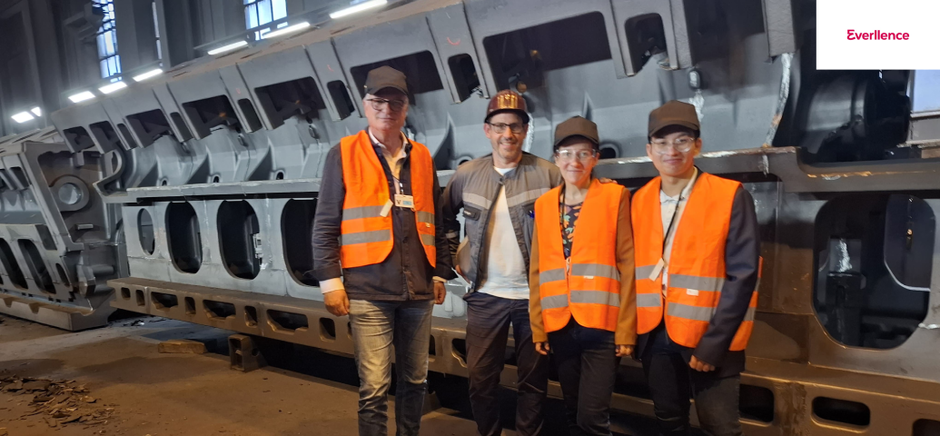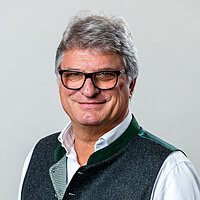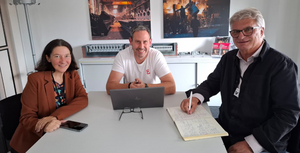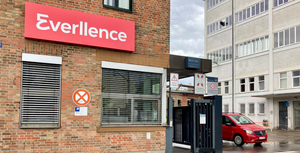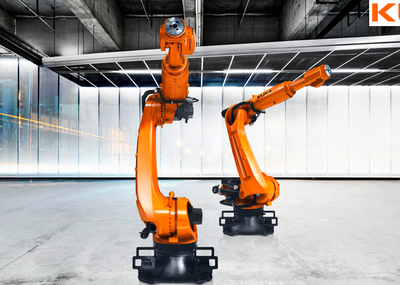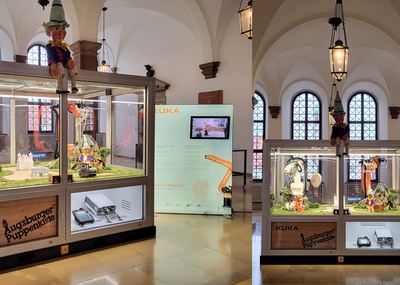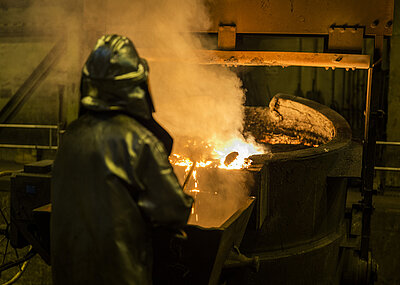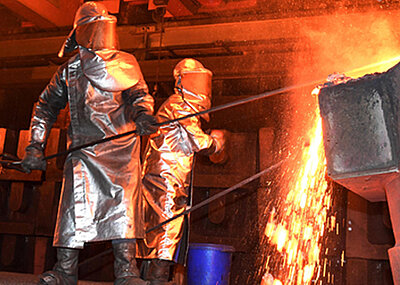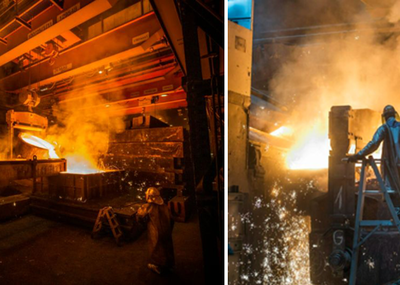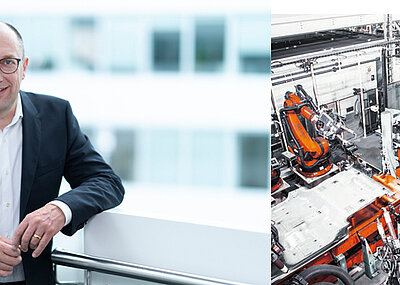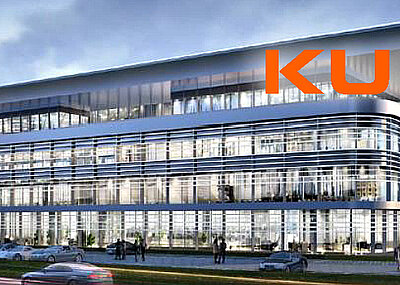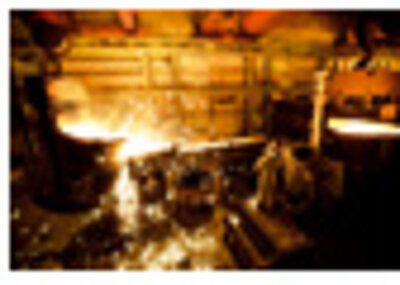We meet Marco Nagler, foundry manager at Everllence in Augsburg, to talk about the name change and the future of the traditional foundry in the heart of the city.
The foundry looks back on more than 250 years of history – first as MAN, then as MAN Energy Solutions, and now under a new name, Everllence. For Marco Nagler, this step is much more than a formality:
“For us, this is the beginning of a new era – an industry icon is getting a new look.”
Everllence provides new impetus – stability at the site remains
There are several reasons for the renaming. On the one hand, the company's strategy is to be made clearer with the motto “Moving Big Things to Zero.” On the other hand, the aim is to create a common identity across all locations and to consciously distance itself from the traditional MAN image.
“Many people still associate MAN with fossil fuels. With Everllence, we want to set a new course,” explains Nagler.
The new name combines the terms “ever” and “excellence” – a combination of tradition and technological ambition.
For the traditional foundry in Augsburg, however, the change does not mean a break with the past, as sustainability and resource conservation have long been hallmarks of the site. 97% of the molding sand is regenerated, green electricity is used predominantly, and the energy-intensive melting processes are controlled by a sophisticated load management system. Four induction crucible furnaces with capacities ranging from six to 23 tons form the heart of the plant. To avoid peak loads, most of the melting is carried out at night.
The foundry also has a solid workforce: around 300 employees and 15 trainees work in Augsburg. With its own training workshop, it is able to train five to six young hand molders every year – an important contribution to countering the shortage of skilled workers. Everllence also focuses on training skilled workers from other industries. Digitalization supports these processes, for example through iPads in melt planning or QR codes for mold feedback. “The profession remains a craft – but with modern support,” says Nagler.

